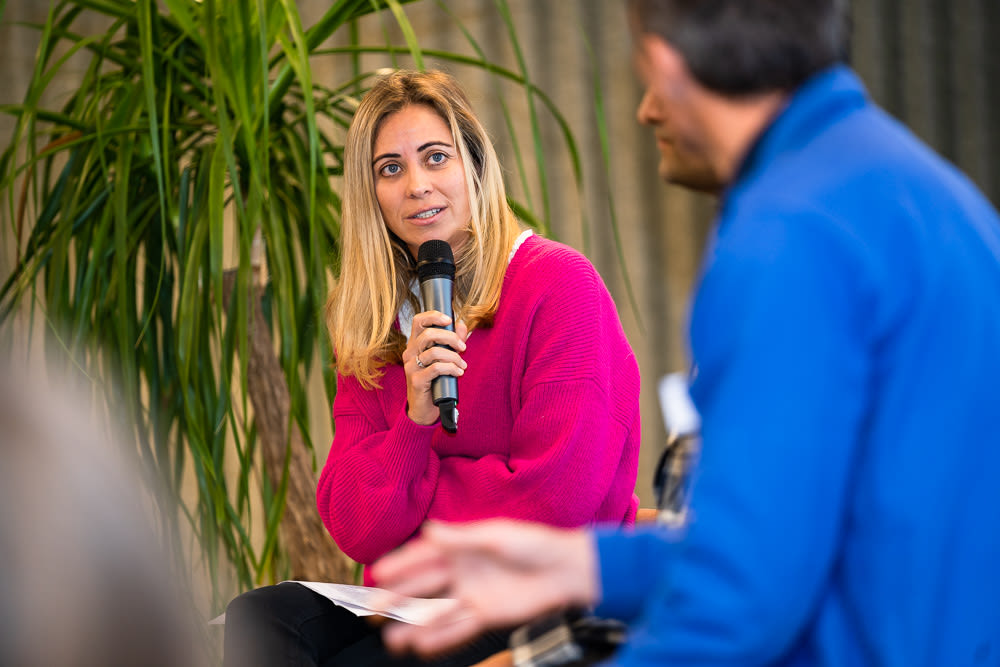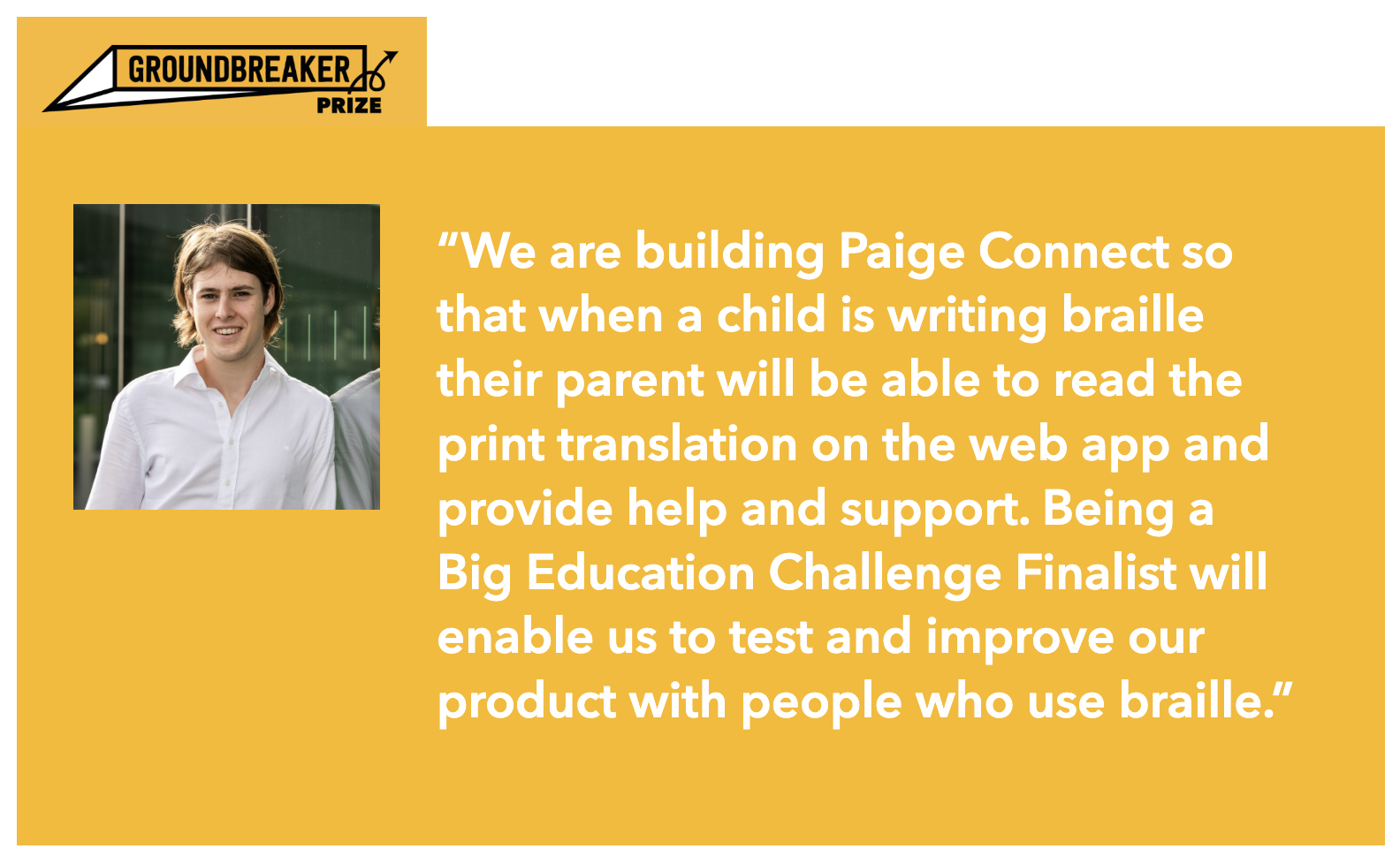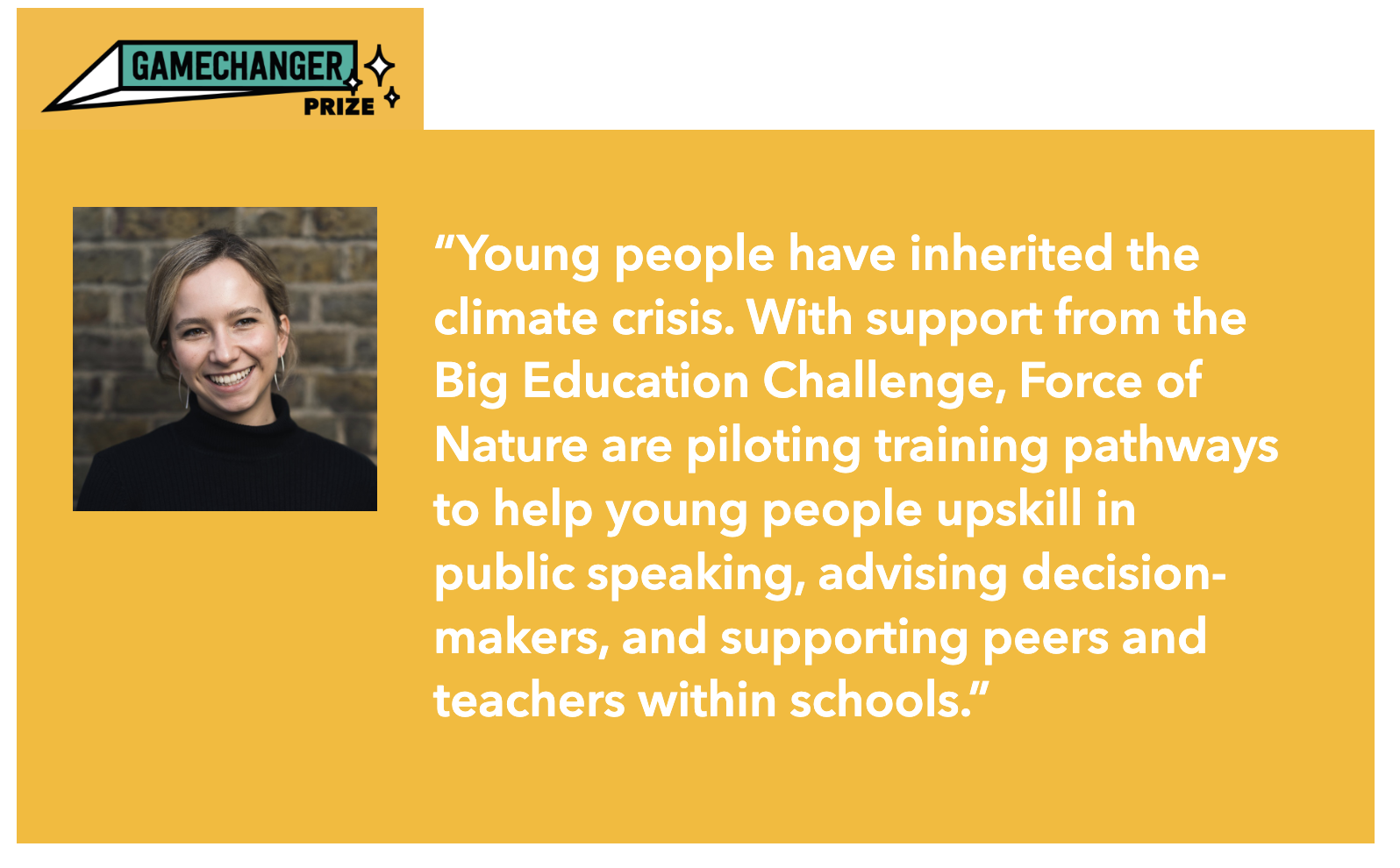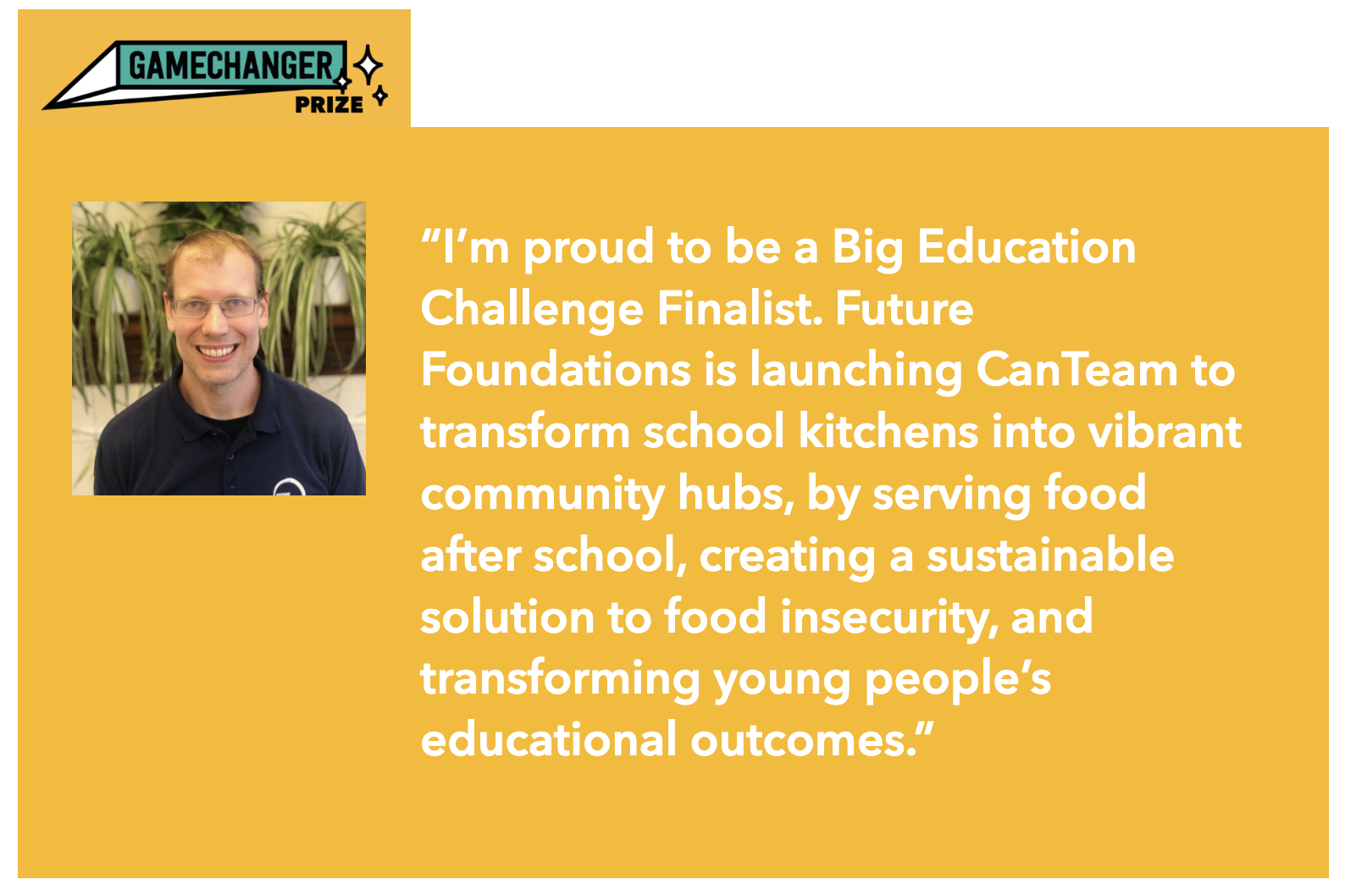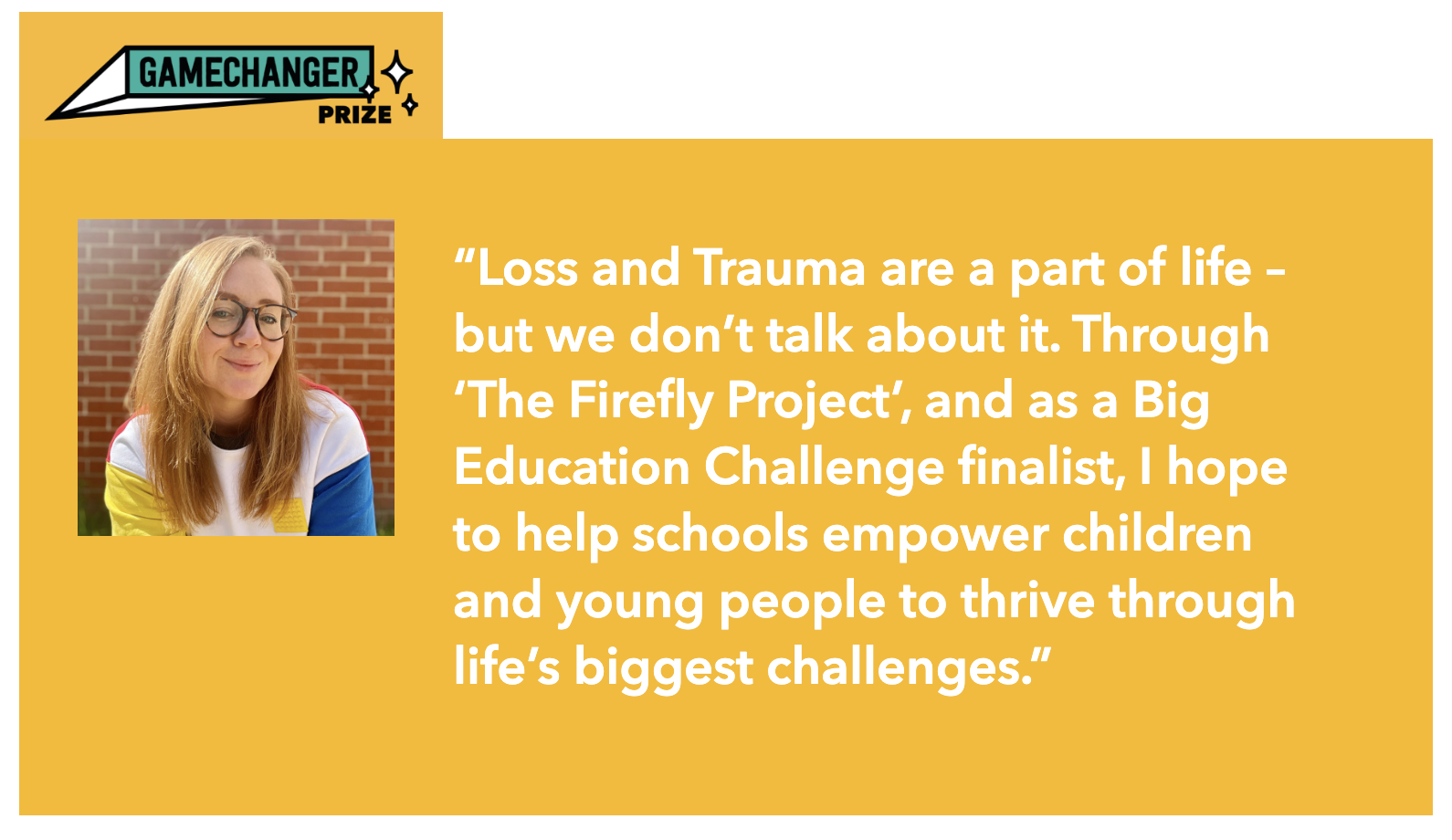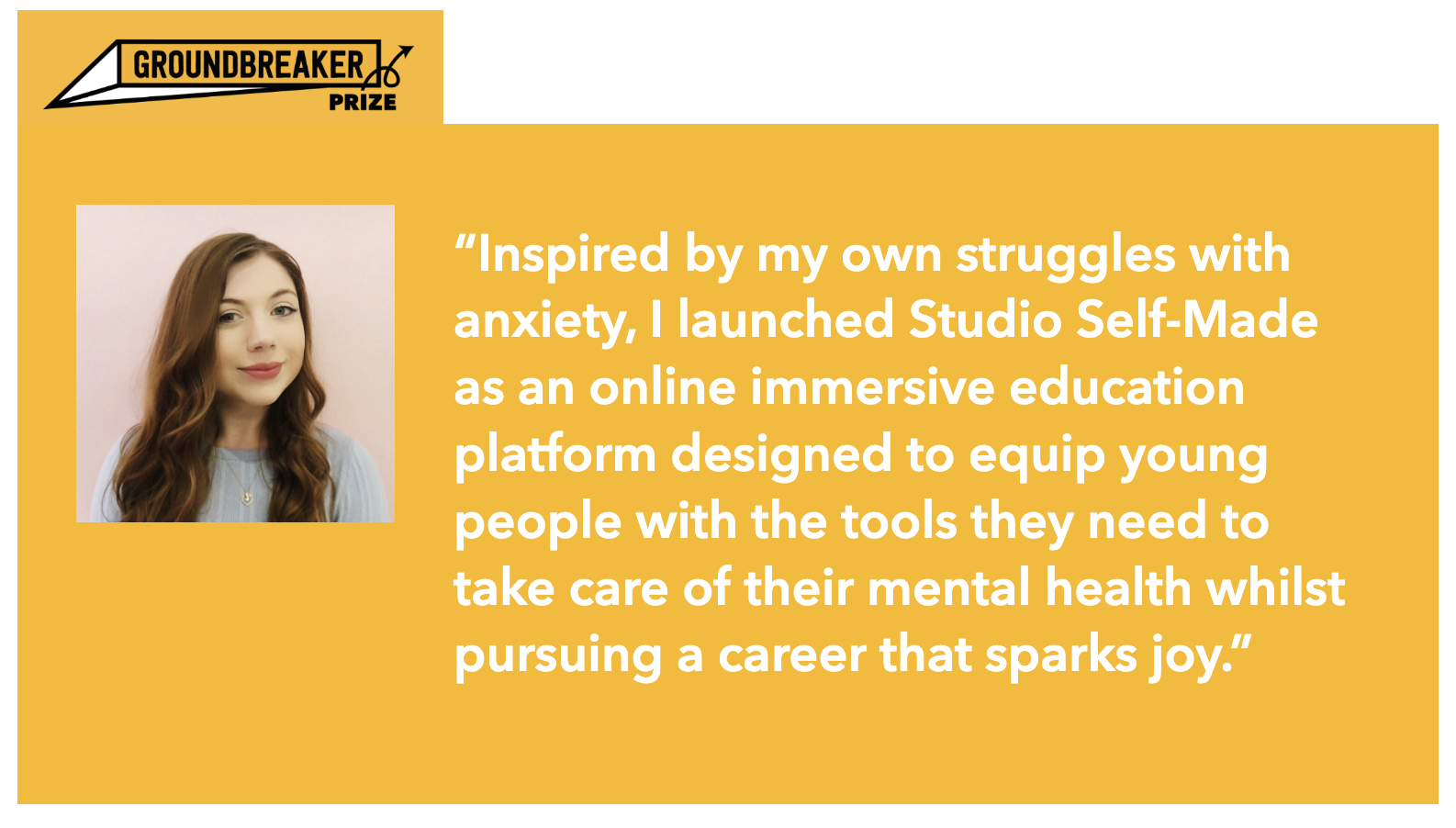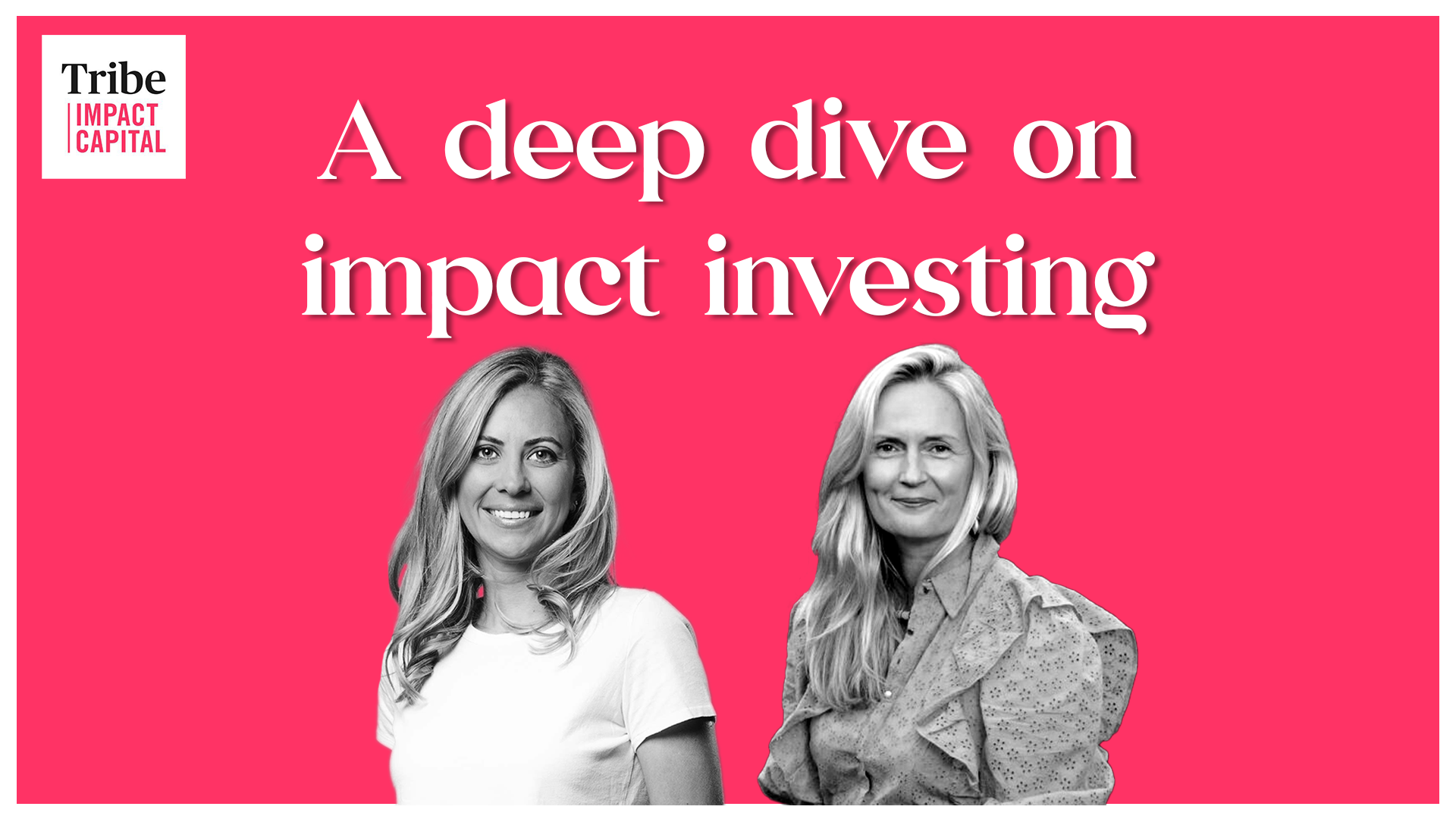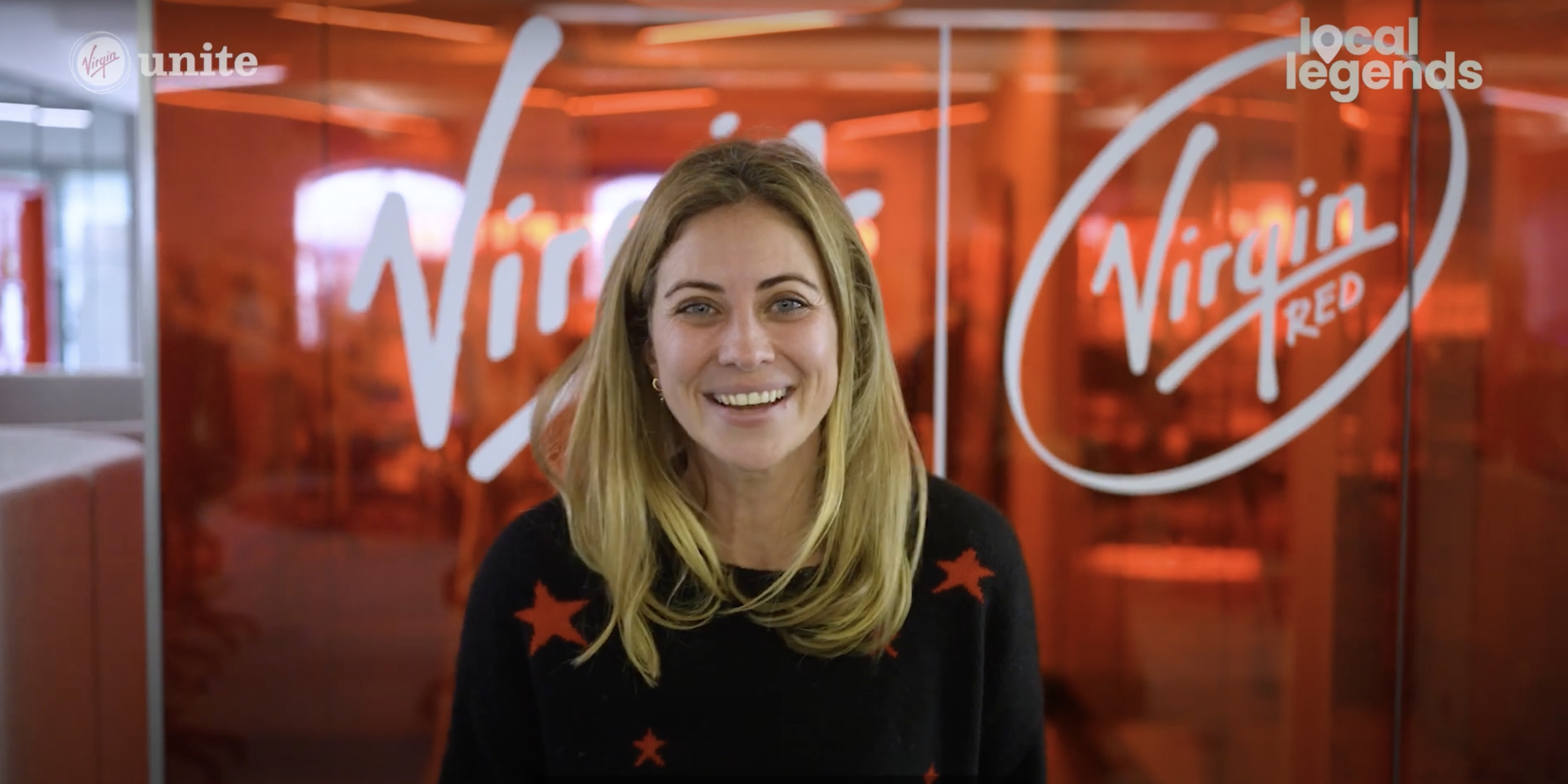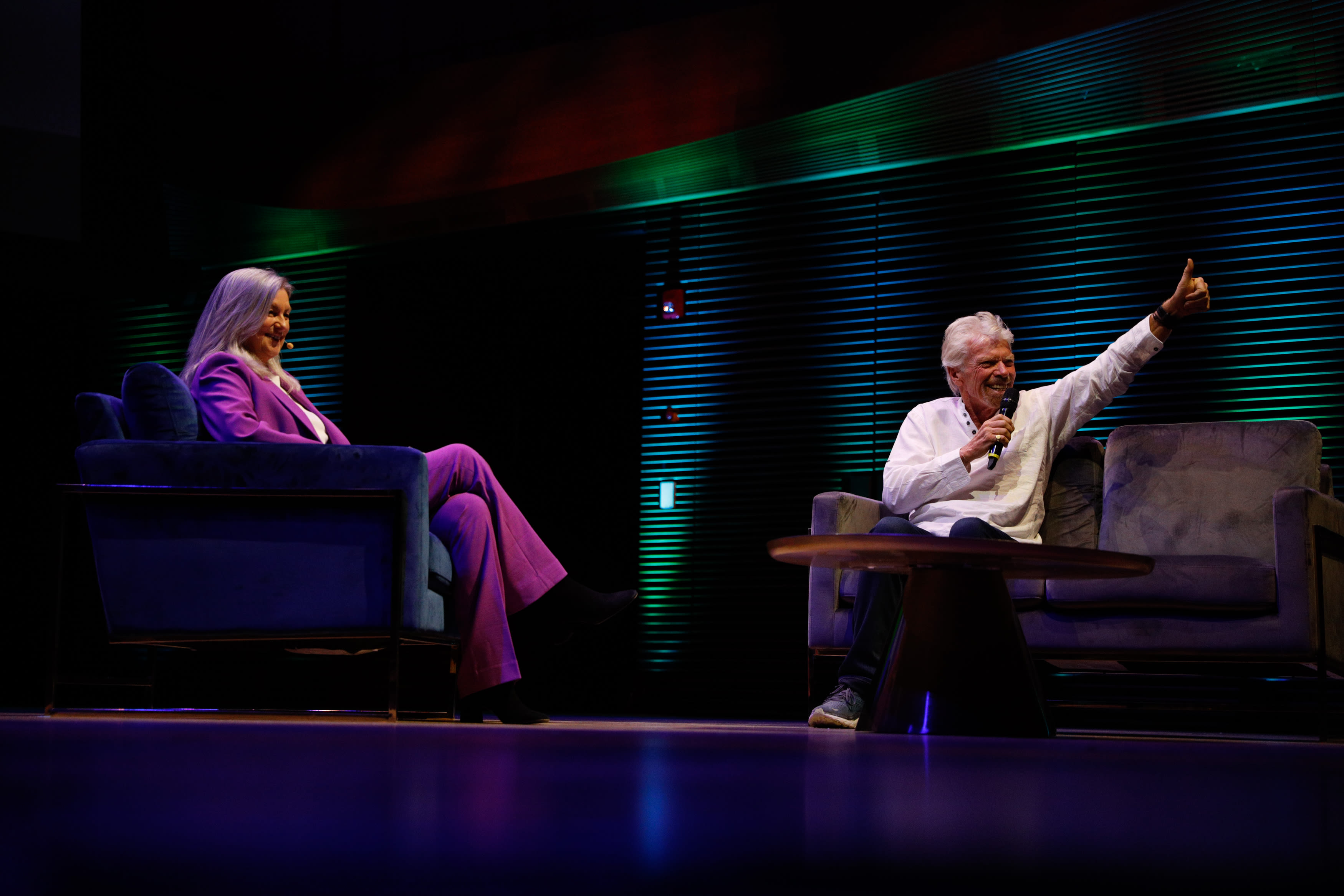How the education system is locking students in a game they cannot win
Like any stagnant sector, education is ripe for smart disruption.
This is why we launched the charity Big Change over 10 years ago. More than a decade later, we’re still advocating for system change to make sure all young people are set up to thrive in life and not just exams. Change is simply not happening fast enough, and young people are the ones that suffer. In fact, Big Change polling data showed that 64% of UK adults believe that the education system leaves the most disadvantaged pupils behind. And, shockingly, Princes Trust research found that almost half (48%) of all young people report experiencing a mental health problem.
Me and my colleagues at Big Change know that system change requires the voices of people closest to the issue. We need young people, teachers, parents, and employers to all join the conversation, and feel empowered to drive meaningful change.
To make this happen, we launched the Big Education Challenge in November 2022 to support and fund early-stage change-makers whose bold ideas could solve big problems and drive innovation throughout the education system. In 2023, the 15 finalists took part in a tailored learning and support programme created by Big Change and The Young Foundation to equip them with the tools they need to develop their ideas. It was incredible to see the finalists grow and evolve throughout the programme – taking their ideas that addressed everything from neurodiversity, to gender and identity, disability, racism, climate anxiety, food poverty, loss and trauma, creativity, and leadership to the next stage, and learning from one another.
A few months after announcing the winners and runners up, we got together to see how their ideas were progressing. It led to a fascinating conversation about the many ways we can unchain the system that is locking students in a game of catch up they cannot win, and what it takes to be leading a breadth of early-stage solutions with the potential to change this.
One of the winners I spoke to was Sergio Gosalvez (aged 23), co-founder of Paige Connect, who updated us on the progress of his innovative braille translation tool. Traditional braille tools typically take teachers two weeks to translate, which significantly hinders learning. The technology Sergio and his co-founders have developed means teachers (or anyone supporting a young person in their learning) can translate braille immediately, to ensure people with visual impairments aren’t left behind. Incredible.
We also heard from Clover Hogan (aged 24), who founded Force of Nature to help young people turn their climate anxiety into action. Whether that be through activism, driving policy change, consulting with businesses, or enabling educators to support their journey, Clover’s work ensures young people are enabled to drive change on an issue they are disproportionately impacted by.
I also loved hearing how Jonathan Harper’s project, CanTeam, by Future Foundations, navigated obstacle after obstacle to provide after-school meals to young people in need. His approach to addressing food poverty in a scalable way that also transforms the role of schools in the community, is so simple and yet so bold.
We also heard from Jenna Maudlin, founder of The Firefly Project, who is helping young people deal with loss and trauma – a vital area that educators are deeply underequipped to deal with. It was moving to hear how Jenna ran a university workshop, which was attended by hundreds of people who weren’t even part of the course. As Jenna said:
Loss and trauma are a part of life – but we don’t talk about it.
Emma Redfern, meanwhile, founded Studio Self-Made to nurture young creatives across the UK. This is important as the Creative Industries is typically inaccessible unless you live in a major city and have the means to take-on unpaid internships. Creative thinking is a core skill that is so undervalued in our world, so it’s brilliant to see how Emma (also aged 24!) is nurturing the next generation of creatives, so they can take on the world and find new solutions to old problems. It was also moving to hear how being bullied at school drove her to peruse this work in a way that champions mental health and confidence.
It was such an inspiring evening, which filled me with hope for the future. I’m so excited to see how these ideas develop over the next two years with Big Change’s funding and support. There is never one solution to solving big problems, so supporting early-stage ideas that tackle a systematic issue from many different angles is a brilliant way forward.
If you want to become part of the solution, we would love to have your support at Big Change.
Supporting young people to thrive in life takes all of us.


